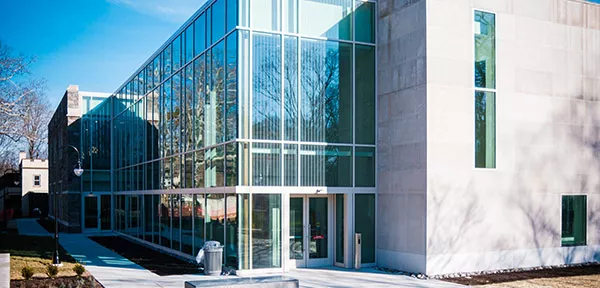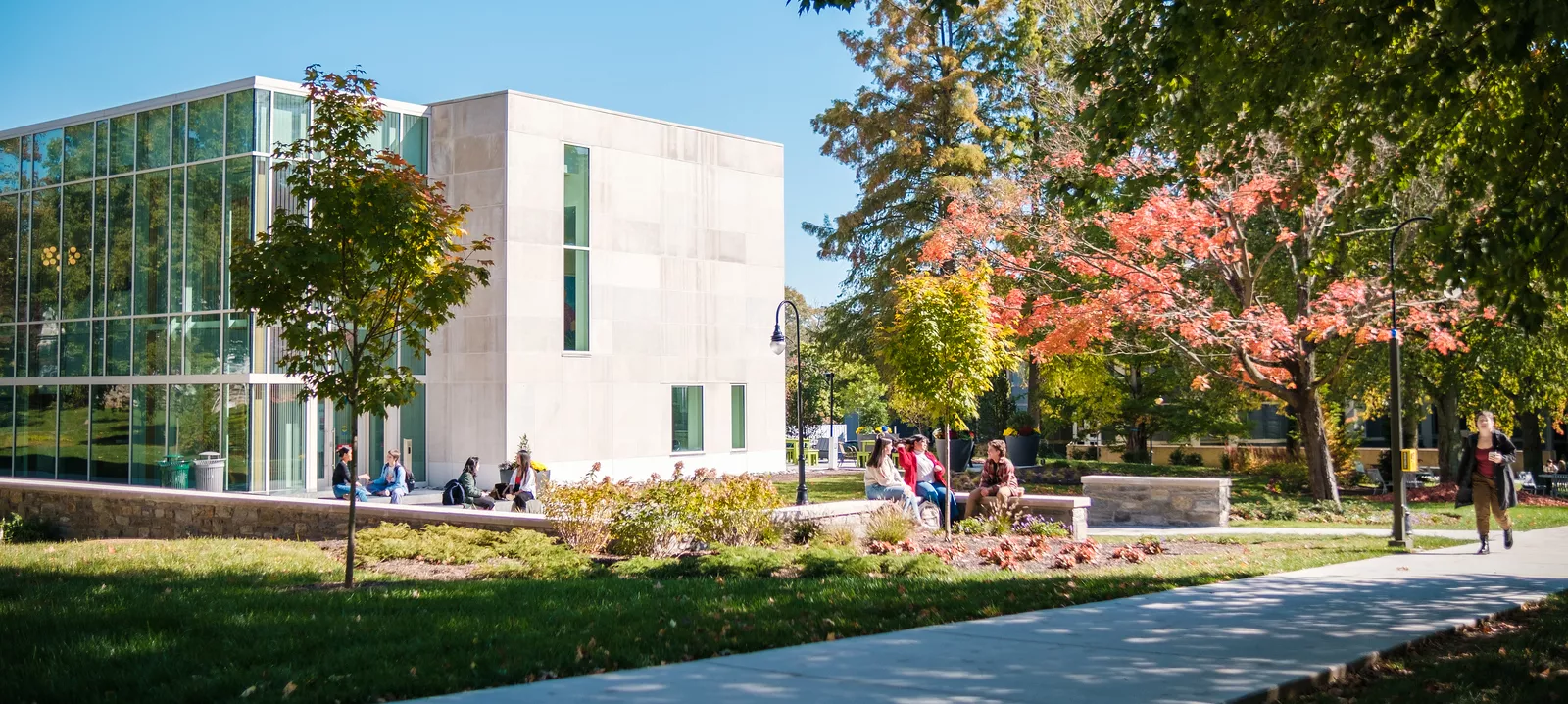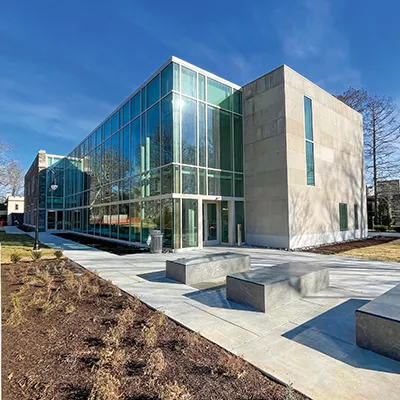
Health and Wellness Center

Welcome
The Health and Wellness Center is located in the Student Life and Wellness Building (The Well), and houses Counseling Services, Health Services, and the Wellness Program (OwlWell).
Do you need immediate care?
For on campus emergencies, please call Campus Safety at 610-526-7911
For off campus emergencies, please call 911
Explore Our Services
Wellness Program
The Wellness Program is a resource on campus for students to ask questions and access educational resources about health and wellness. The wellness staff trains Peer Health and Wellness Educators to become advocates for the general well-being of other Bryn Mawr students. In addition to workshops, trainings, and events, the Wellness Program hosts daily office hours in our wellness space, located on the second floor of The Well.

Ava Smith ’25, Peer Health and Wellness Educator“I think that this program is a really great opportunity for students to have more resources surrounding wellness and more support."
Explore the Health and Wellness Center

Contact Us
Health and Wellness Center
Health & Wellness Center
Student Life and Wellness Building
Second Floor
101 North Merion Ave.
Bryn Mawr, PA 19010
Phone: 610-526-7360
Fax: 610-526-7365


